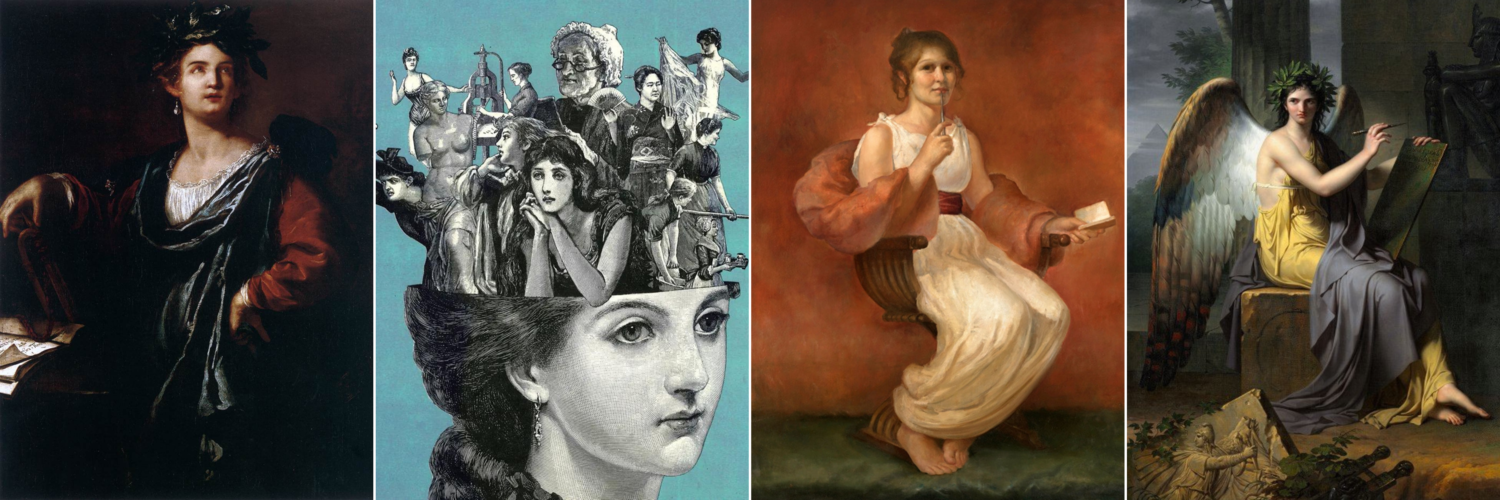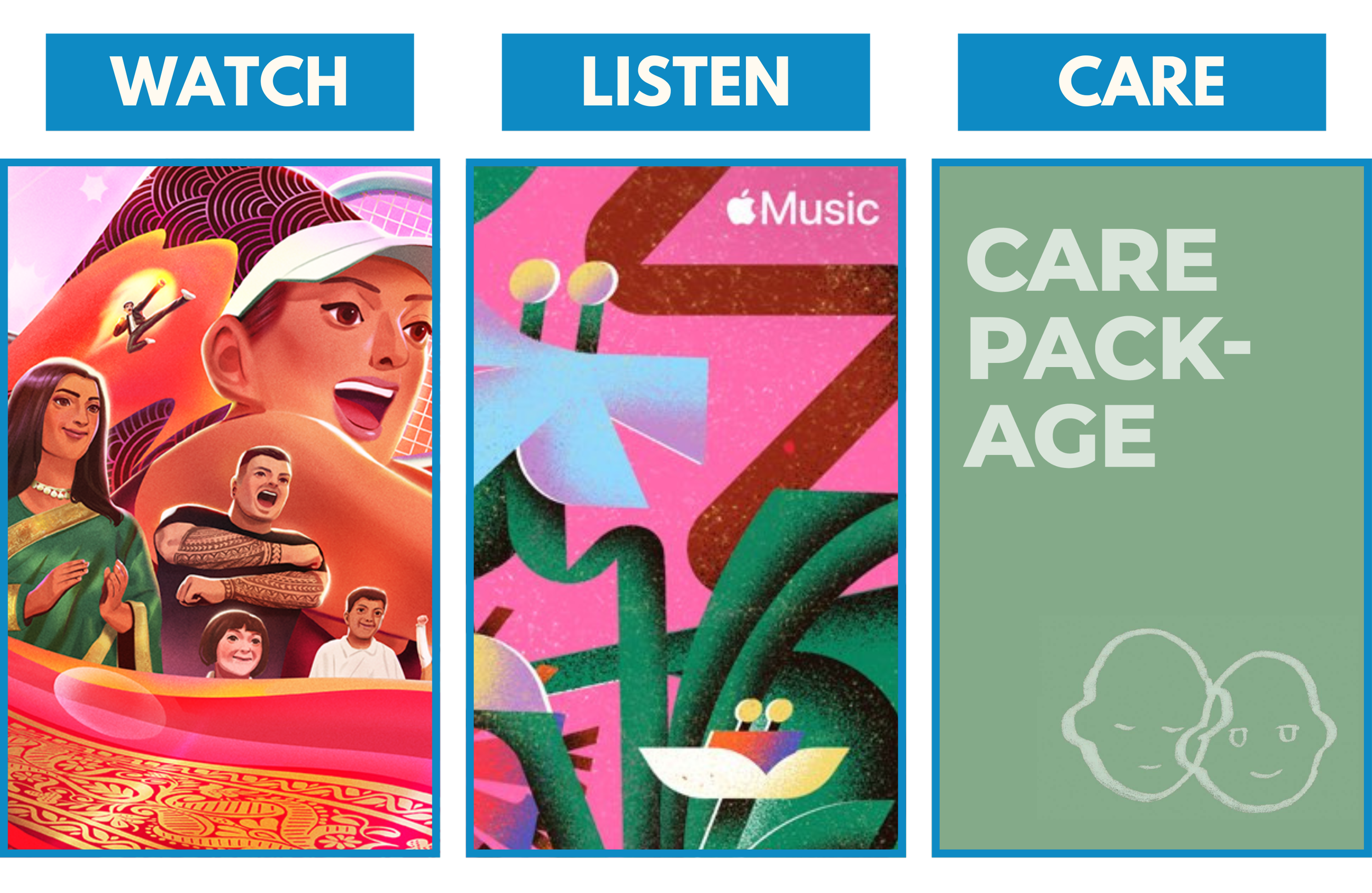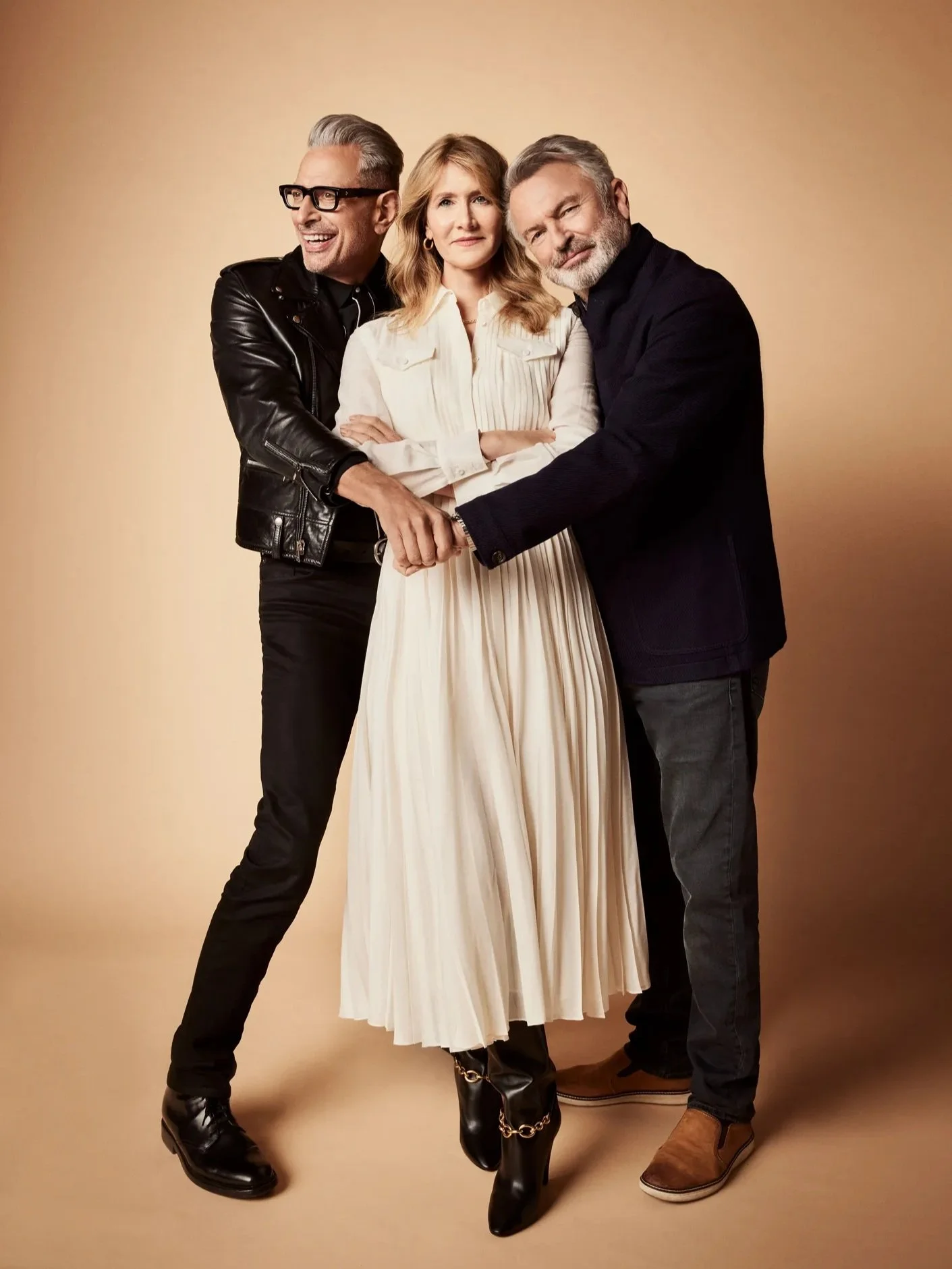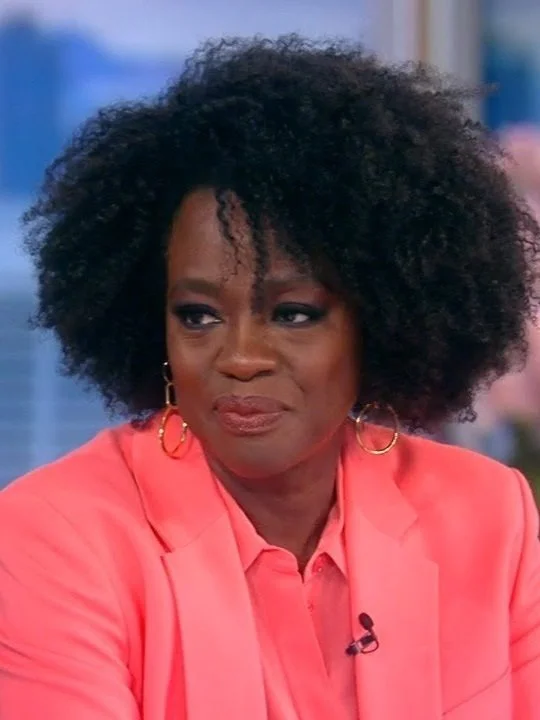THE MUSE #82
In this edition: A Jurassic Park reunion for the ages, curated care packages for impossible times, and a celebration of AAPI storytellers.
Channel Your Muse: Clio, Muse of History
As the Muse of History, Clio inspires the retelling of factual historical accounts and the stories of those events. In doing so, she safeguards the knowledge and discoveries that come from history and keeps history alive for future generations. In honor of Asian American Pacific Islander (AAPI) Heritage Month, we dedicate this edition of “Channel Your Muse” to uplifting stories and storytellers redefining AAPI experiences on screen. And for more, check out… “I Am Not a Fetish or Model Minority: Redefining What it Means to Be API in the Entertainment Industry”
In 2021, the Geena Davis Institute on Gender in Media, in partnership with the Coalition of Asian Pacifics in Entertainment (CAPE) and Gold House, released a groundbreaking study entitled, “I Am Not a Fetish or Model Minority: Redefining What it Means to Be API in the Entertainment Industry.” This is the first study of its kind to combine content analyses of mainstream films with a survey of the personal experiences and perceptions of representation of API people working within the entertainment industry. A key finding: When asked, “What would you most like to see change in Hollywood, one of the most common words mentioned was simply ‘more.’ More representation, more authentic stories, more API talent/writers, and more opportunities on camera and behind the scenes.
Artwork: Artemisia Gentileschi, “The Cut” magazine, Helen Knoop, and Charles Meynier
WATCH: Our Roots, Our Stories (Netflix)
“Our Roots, Our Stories” weaves together Asian American and Pacific Islander (AAPI) voices and experiences into a celebratory collection. With over 380 titles, these shows and films amplify storytellers making an indelible impact and entertainment. Members in the U.S. can find this page by searching ‘AAPI’ or visiting the “Our Roots, Our Stories” page. Looking for a place to start? Nine Muses recommends: “The Chair” (starring Sandra Oh), “Never Have I Ever” (created by Mindy Kaling), and “The Chef Show” (with Chef Roy Choi and Jon Favreau).
LISTEN: Celebrating Asian American Voices (Apple Music)
To celebrate the Asian American and Pacific Islander community is to wholeheartedly acknowledge all of the different traditions, histories, and points of view therein. It’s with that aim in mind that the Apple Music editors have curated this playlist, a handcrafted selection of forward-thinking pop, hip-hop, R&B, indie, and more — all of it made by proud members of the vast AAPI family, artists whose stories and ingenuity can be felt across music and popular culture right now.
CARE: Care Package (SmithsonianAPA)
“We are able to exhibit courage and strength in our greatest moments — but what about our most impossible times? Where do we find wisdom within the vast unknown? How do we stay grounded when everything is up in the air?” In response to these questions, The Smithsonian Asian Pacific American Center (SmithsonianAPA) curated “Care Package,” a collection of creative offerings for addressing uncertainty, anxiety, and grief through vision, reflection, and healing. This online exhibition features poems, mediations, short films, music, and other “cultural nutrients for times like this.”
Channel Your Muse Reflections
Dialogue with Your Muse: Name one historical person and one contemporary person who have had the most impact on your life. Imagine a dialogue between the three of you — what questions about the past do you have and advice about the future do you seek?
Remember Me: Name five things or ways of being for which you would like to be remembered. Recorder: to remember; from the Latin recordis, to pass back through the heart.
Write a Haiku: Go on a walk and bring a notebook. As you’re walking, write down your observations on what you experience in the environment. When you return, write a haiku inspired by an element of nature from your walk.
Production Muse
It’s Time For a Table Read
by Saralyn Armer, Nine Muses Production Executive
Welcome to Production Muse, a space for getting creative about the business of entertainment. Every month, Nine Muses Production Executive Saralyn Armer shares practical advice for “making it” as a multi-hyphenate artist in the industry and essentials for navigating a career in the arts.
Are you on the rewrite hamster wheel? I get it. We’ve all been there. You work tirelessly on your logline, then treatment, then draft. You take a break and step away. You send out the draft for some trusted (but still stomach-turning) feedback. Then you come back to the page, only to continue tinkering. You can’t seem to let go of the rewrite. I want to encourage you that it’s time to move forward.
Rewrites are essential, but there comes a time when you need to hear your art on its feet. It’s time to plan that initial table read! You will certainly have a table read with the cast and key crew members once you are closer to production, but having one in the early stages is a helpful tool in moving the needle on your story. Hearing your words out loud with an audience gives it a new life.
In a table read, you pick up on nuances in your characters and story — nuances that make you fall in love all over again or make you notice what needs more work. You feel the places that need to be tightened and the dialogue that needs to be sharpened. You feel the energy in the room as the story comes to life and notice if the pacing needs tweaking or if a scene isn’t serving the trajectory of the bigger picture. I can’t recommend this experience enough for the insight you will gain.
It can be nerve-racking figuring out the logistics of planning a table read, so here is a quick list of basics to get started:
Create a list of your characters and write out who in your community would be great to read each role (these individuals are preferably actors but friends or family can work too, especially if this is your first time). Then invite them. I always like to send the script ahead of time so the actors can read through it beforehand and aren’t reading it cold on the day of.
If you are meeting in person, arrange the seating in a circle. If you are meeting over Zoom, set your screen to the grid so you can see everyone.
If you’re meeting in person, be prepared with printed scripts for each person (and you can even highlight each actor's lines).
Create a short list of questions and space for comments and have each person fill out after the reading. Don’t forget to provide pens.
Invite not only actors to read the character roles but also a narrator to read the scene headings and action lines. This way you don’t have to jump into that role yourself. And don’t forget to include a few people just to listen for feedback.
Recording the table read can be helpful, but make sure to get everyone’s consent before recording.
Provide water and snacks.
Enjoy this time with fellow collaborators and don’t forget to return the favor if someone asks you to join their table read!
Reading a full-length feature can be a big bite to chew, so know that you can always workshop a section of your project (one or two acts) if that feels more comfortable. And to get the ball rolling on feedback, here is a Table Read Questionnaire. Once you’ve gone through the table-read experience and receive new perspectives on your work, now’s the time to go a layer deeper and polish your draft.
What’s The Story, Morning Glory?
Bryce’s favorite articles, videos, resources, and more!
Jurassic Park Reunion from Vanity Fair
This is possibly one of the most delightful interviews I’ve ever seen. The original Jurassic Park stars — a.k.a. my personal heroes — Sam Neill, Laura Dern, and Jeff Goldblum reunite to “trade shade and unearth memories.” The chemistry of this trio is undeniable and two years after filming Dominion together, I’m still pinching myself.
“Birthday Bitch” Spacejam Glitter Balm
As someone who loves experimenting with makeup products and looks, I’m happy to say that I’ve never left my glitter phase. Spacejam’s Glitter Balm is a super fun and easy-to-apply combination of confetti, opal, and stars blended into a base hue of a Barbie-Corvette pink and prismatic silver. I put a little dab on my skin right over my heart chakra and that little sparkle makes me feel both luxurious and playful.
Viola Davis on the Importance of Representation
While on The View, Viola Davis spoke to why representation in entertainment matters to her and how “seeing someone who looks like you… makes [your dreams] more tangible.” And if you’re looking for more Viola Davis nuggets of wisdom, make sure to read her new memoir “Finding Me.”
“Following my muse has worked out pretty well so far. I can’t see any reason to change the formula now.”
Newsletter run by Nia Farrell, Director of Development & Production at Nine Muses Entertainment





